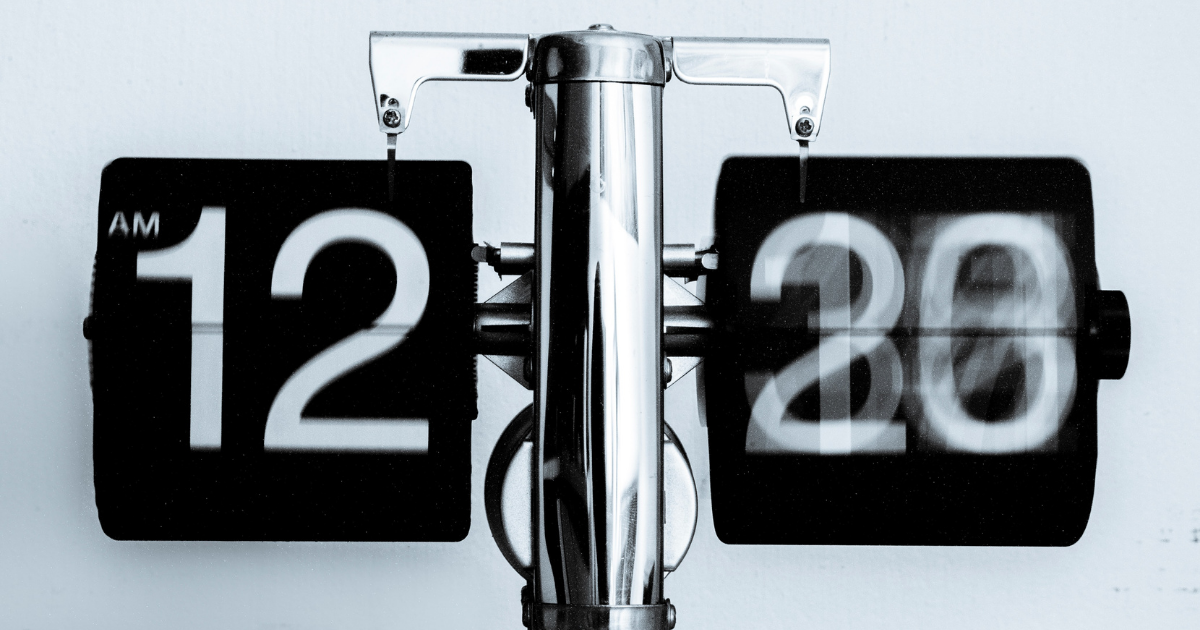Time Management Tips And Learning To “Turn-Off”

Written by: Jenna Schulz, 4th Year MPT/PhD Candidate
Photo by Djim Loic on Unsplash
After 8 years of pursuing post-secondary education at Western, one thing I have learned for certain is the importance of good time-management skills. It was a long process, and I struggled with it for most of my undergrad. University can be extremely overwhelming, and the best way to stay on top of things is by managing your time wisely and knowing when to turn off and call it a day.
Now a combined MPT/PhD candidate, a varsity cross-country/track & field athlete and a Team Leader for intramurals at Western, without time-management, I would not be able to balance and succeed in all aspects. I would like to share some tips that I have learned over the years to help navigate the university experience (and especially as we start a new semester in these unprecedented times, which will no doubt be a change for all of us).
1. Use a Planner or Online Calendar
Make sure to put EVERYTHING on there. This helps you keep track of everything you have in the day (i.e. classes, meetings, practices, work). You can even block off chunks of time strictly for studying, hanging with friends, grocery shopping or for cooking to ensure you are taking the time to make a healthy and delicious meal! I use google calendar, and I have a bunch of different calendars on one (i.e. one for PT classes, one for PhD work/meetings, one for XC/T&F, one for work etc.) which help keep me organized.
2. Write To-Do Lists
I start my day with writing a list of things I would like to or need to accomplish during the day, which helps keep me accountable. For example, reading a certain number of pages for a specific class, or getting a certain amount of data analysis or writing done for a paper. Or even little things like “make pasta for dinner” (pro-tip, meal planning also helps with time management skills because you can grocery shop accordingly and prep ahead of time). It is so satisfying, and you feel so accomplished to check these things off as you move through your list!
3. Limit Social Media Time
OK this one is difficult, and I am a huge culprit for scrolling aimlessly through all social media platforms. I have found this even more difficult in a work-from-home setting. Personally, trying to hide my phone doesn’t work because I go searching for it and I end up wasting more time. Instead, I like to give myself little goals (i.e. if you get through this paper/chapter, you can have some social times), and try to limit the amount of scrolling I do to 5ish minutes.
4. Establish A Routine
I am such a routine-based person, and this really helps me organize my day. I love to start my day by making a coffee and breakfast and enjoying it on my balcony (if the weather is nice) before starting my day. Also, if I know I have daily practices at the same time, then I need to accomplish my tasks beforehand. This helps hold me accountable and gives me motivation to work through my to-do list. Consistently going to bed and waking up around the same time also helps you get into a routine and be well rested and ready to take on the day!
5. Take Breaks
I can’t stress this one enough. Breaks are necessary for our mental and physical health. They help “reset” your body, so that you are ready to do work again. Throughout the day, I like to take little breaks once an hour to either just walk around a bit, stretch, grab a snack etc., but I step away from my computer. I also take larger breaks during the day to go for my run/workout (helps get those endorphins going and circulates blood to your brain), cook dinner, and enjoy my dinner NOT in front of my computer. Exercise is so important for our health, even if it’s a brisk walk, it’s important to get some movement in every day.
6. Learn When To TURN OFF
Again, this is very difficult to do, and I often find myself feeling “on call” and guilty if I am not doing schoolwork in all waking hours of the day. But, constantly being on can lead to feelings of being overwhelmed, burnout, anxiety, imposters syndrome etc. A few things I like to do;
- When I finish a task and check if off my to-do list and it is later in the day (getting closer to dinner time), I try not to start a new one.
- I try my best to not answer emails later into the evening, most likely a response can wait until the morning.
- Make plans with friends (even virtually) so I physically cannot do any more work for the day (or on the weekend).
- I try to stick to a fairly normal schedule, and outside the hours of that schedule I try my best not to get caught up doing work.
I hope this post is helpful! Best of luck as we gear up to start a new school year and keep well!
Published on

